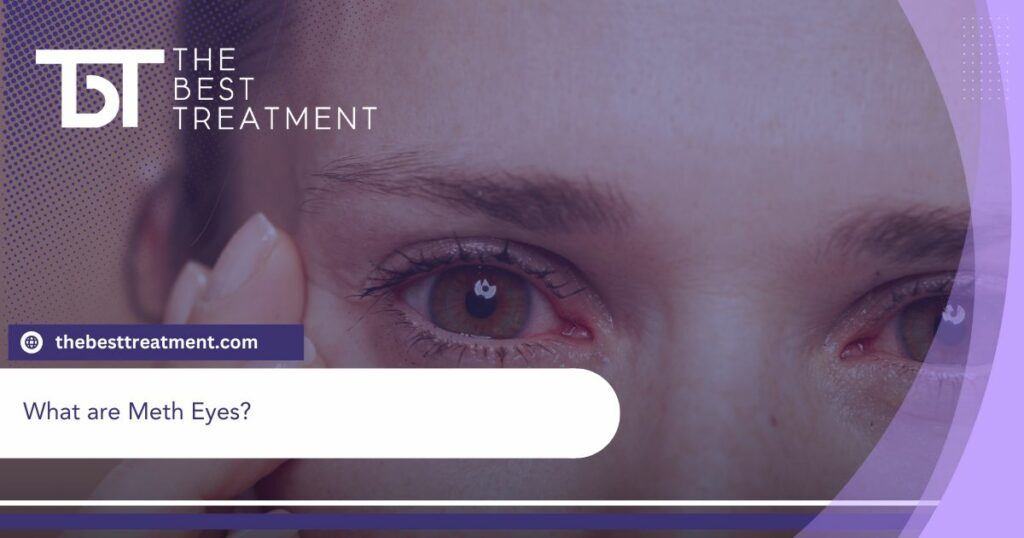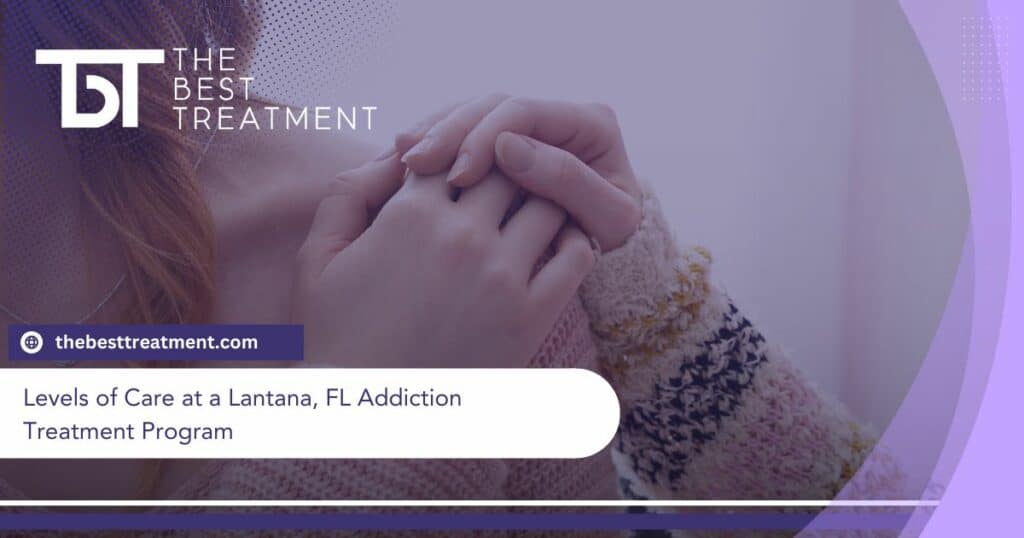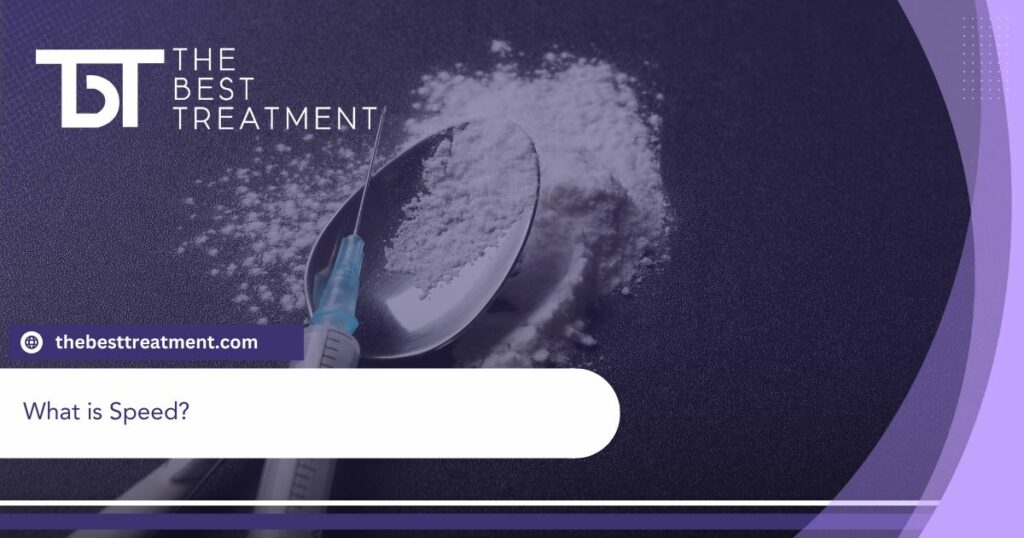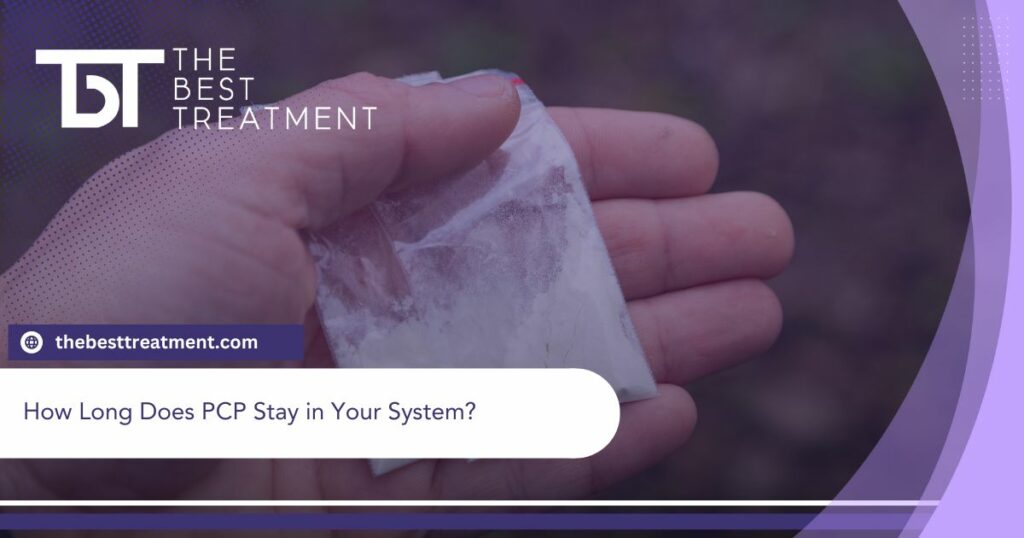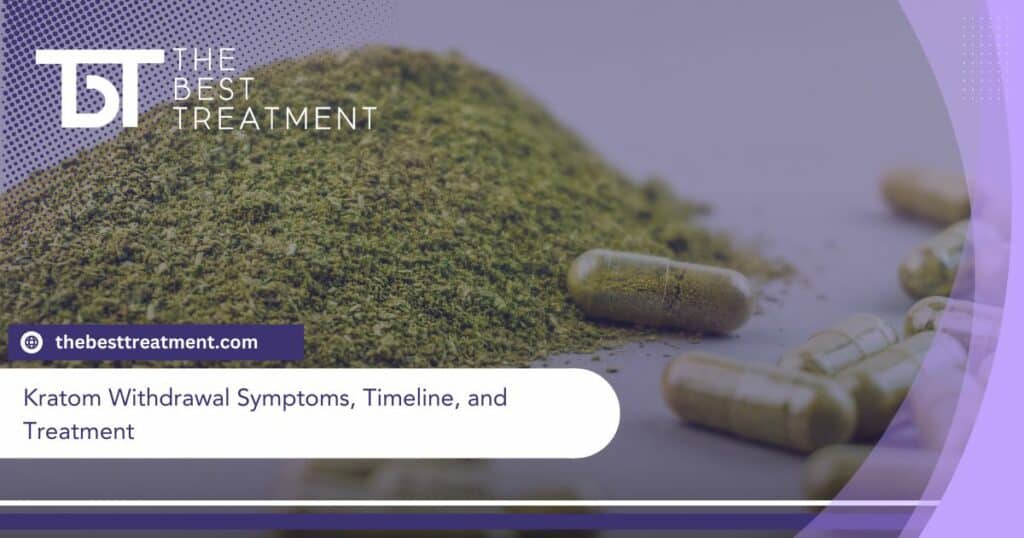Table of Contents
7 Things Addicts Wish They Could Tell Their Parents or Loved Ones.
People of all ages walk through our doors on a daily basis, broken down, hurting and lost. We encourage all parents and loved ones to become involved in the recovery journey starting at Day 1. With therapy you can work through the damages together so healing can be a family process. Here are seven common ideas loved ones should keep in mind.
1. It is impossible to Quit
Most individuals addicted to drugs are tired of this lifestyle. They have been sick and tired for a long time. The fear of quitting the drugs for most addicts is the withdrawal process. There are also many root causes of addiction- drugs are often used to numb all the feelings and emotions within the individual. Most individuals struggling with any kind of addiction struggle with a lot of shame, they don’t want to be those horrible people who lie and steal from loved ones but their sickness is too great to overcome alone.
2. It isn’t the loved one’s fault
There are many natural and nurtured aspects that go into the disease of addiction, but the last thing most addicts would want is to blame their loved ones for their personal faults (sometimes). Addiction happens when a drug is tried out of curiosity and in combination with a brain response continued use of the drug occurs, those addicted always are searching for the feeling of their first high. From first use the drug captures how the brain functions. There isn’t a recipe that you followed to make me a drug addict. Many addicts are trapped from the first use.
3. No one should gossip about addiction
Most of those seeking help for addiction treatment have hit some sort of bottom. They understand they have disappointed many loved ones in their life. There are so many people who aren’t receiving proper education behind the disease of addiction, so to talk about it amongst family and friends can be quite damaging to the person seeking to overcome drugs and/or alcohol. Spreading the horrible stories of addiction to those who aren’t in the single family unit is humiliating for the individual. Bringing back up the shame that comes in an addicts life, negative ideas surround anything associated with “drug addict”.
Returning from treatment there will be many goals to reconnect family and loved one relationships. The family unit should be supportive and encouraging, there are many support groups and therapists that can aid in the recovery process from a loved one’s point of view.
4. Get Educated about Addiction
Education is key when it comes to understanding what makes or drives a drug or alcohol addict. According to the American Medical Association, addiction is classified as a disease. These are facts, and just as any disease it must be monitored by a medical professional for the rest of their life. Yes, the intial choice to use drugs was made, but after that the body becomes powerless to the compulsion of continued use. The chemicals within an addicts brain is now reprogrammed and only wanting one thing. More.
We encourage all loved ones to do a little research on addiction. Go through a number of websites, learn what the recovery process is all about. Look at all the type of treatment options available for your loved one. Learn about overdose and what to do in that situation. Are you prepared?
Most of those struggling with addiction already know that their loved ones want them to get better. It is not as easy as it may seem. Patience, prayers, and hope are needed in a recovery journey. Know everything about the addiction so when it comes time for family or loved one therapy with a therapist, know what is going on in your loved one’s life. Fight the battle together.
5. Trauma Plays a Large Role in Addiction
Many clients who come through our doors have seen a good bit of trauma in their lifetime. They have lost self-respect and dignity. They have suffered pain and loss. Often times, the addict has had a near death experience his/herself- whether that be overdose or being in some messed-up situations.
Some of the situations may be so terrible that it is never spoken about, or not shared yet. There is so much hurt and emotional pain that go along with trauma so it is understandable to not want to share too much. When the time comes to get clean all of these emotions that have been suppressed for so long rush out and it is an emotionally unstable time. The best people to lean on is loved ones.
6. Saying Sorry
In therapy, our master’s level therapists go over all aspects of an individual’s life in order to help them overcome and succeed in recovery. All of the situations brought up in therapy make the recovering addict upset with how they have treated their loved ones during their active addiction. There are many things to be sorry about for most who are getting clean from drugs and alcohol. In many therapy programs we work with the family to resolve these traumatic and sometimes not so traumatic situations that have happened over the years in order to properly heal from them all-together. There are many times when forgiveness from a loved one does not happen overnight. We encourage all our clients to continue to show the change and hope that eventually with time the many relationships can be mended.
7. Never Give Up
Support your loved one! They are finally receiving the help they deserve, which means they have admitted there is a problem that must be fixed. Love them, they need your love, most clients experience a large amount of emotional pain and just showing love can be really comforting in this fragile time.
If you or someone you know is in need of addiction treatment, we can help. The Journey to Recovery Starts Here…
Call us: 1-888-4TBTNOWMedically Reviewed: September 25, 2019

All of the information on this page has been reviewed and verified by a certified addiction professional.





